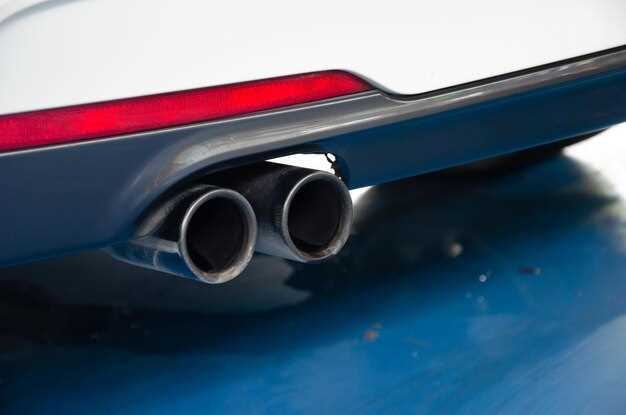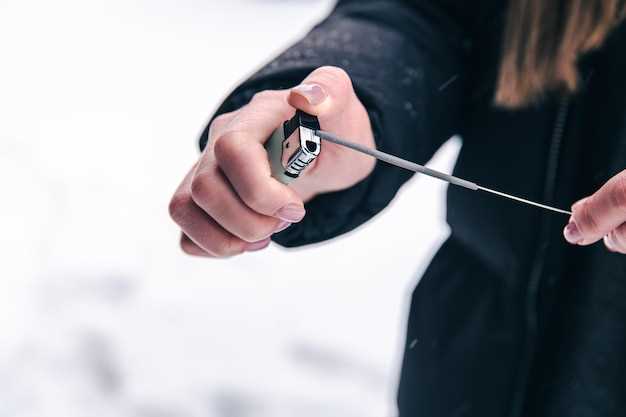
The muffler is a crucial component of your BMW’s exhaust system, playing a significant role in noise reduction and exhaust flow management. When the muffler is functioning properly, it ensures that your vehicle operates smoothly and quietly. However, like any mechanical part, the muffler can wear out over time, leading to a range of issues that may impact your driving experience.
If you notice any unusual sounds coming from your vehicle or experience a decrease in performance, it may be time to evaluate your BMW’s muffler. Ignoring these signs can lead to more severe damage, affecting both your vehicle’s performance and your overall driving satisfaction. Being informed about the various indicators that signal a failing muffler is essential for every BMW owner.
In this article, we will outline the key signs that suggest your BMW muffler may need to be replaced soon. By recognizing these symptoms early on, you can take proactive steps to ensure the longevity of your vehicle and maintain its optimal performance.
Unusual Noises Indicating Muffler Damage

One of the first signs of muffler damage in your BMW is the presence of unusual noises coming from the exhaust system. Typically, a healthy muffler should operate quietly, but when it starts to fail, you may notice distinctive sounds that indicate underlying issues.
If you hear a loud rumbling or roaring noise while driving, it could mean that the muffler is damaged or has developed a hole. This sound is often more pronounced during acceleration when the exhaust gases escape more forcefully. Additionally, a hissing or rattling noise may suggest that internal components of the muffler are breaking apart, leading to exhaust leaks.
Another noise that requires attention is a popping or backfiring sound, which can indicate a blockage in the exhaust system. Such blockages can increase back pressure and affect engine performance, making it crucial to inspect the muffler if these sounds emerge.
Be aware that these unusual noises not only compromise the functionality of the vehicle but can also lead to further engine problems if left unaddressed. Timely inspection and replacement of the muffler are essential to maintain your BMW’s performance and longevity.
Changes in Exhaust Emissions or Performance

If you notice a significant increase in exhaust emissions from your BMW, it may be time to consider replacing the muffler. An effective muffler plays a crucial role in managing emissions by filtering out harmful gases before they exit the vehicle. If your muffler is damaged or degraded, it can lead to higher levels of pollutants being released into the atmosphere.
Another indicator of a failing muffler is a noticeable change in performance. A compromised exhaust system can disrupt the engine’s efficiency, causing decreased horsepower or sluggish acceleration. If your BMW is experiencing unusual vibrations or loud noises during operation, these symptoms may be a direct consequence of a malfunctioning muffler.
Furthermore, keep an eye on your fuel consumption. An inefficient exhaust system can cause the engine to work harder, resulting in increased fuel usage. If you find yourself refueling more often without any other obvious explanation, it could suggest that your BMW’s muffler requires attention.
Overall, any significant shifts in exhaust emissions or vehicle performance warrant a thorough inspection of the muffler. Timely replacement can ensure that your BMW operates smoothly while adhering to environmental standards.
Visible Signs of Rust or Damage on Muffler
When it comes to maintaining your BMW, one crucial component to inspect regularly is the muffler. Visible signs of rust or damage can indicate that it may be time for a replacement. Inspect the muffler closely for any rust spots, which typically appear as reddish-brown discolorations on the surface. These spots can expand over time, leading to holes and exhaust leaks.
Additionally, check for any dents or deformations on the muffler’s exterior. Physical damage can impede the muffler’s function, affecting back pressure and exhaust flow. If you notice any cracks or significant rust, it’s essential to consider replacing your BMW’s muffler to ensure optimal performance and reduce the risk of further exhaust system issues.
Another sign to look for is the presence of exhaust stains or soot around the muffler’s joints. This can indicate that exhaust gases are escaping from leaks, which not only affects efficiency but can also lead to more significant mechanical failures down the line.
Ultimately, regular inspections of your BMW’s muffler for these visible signs can help maintain its performance and longevity. If you observe rust or any physical damage, addressing the issue promptly can save you time and money in future repairs.



